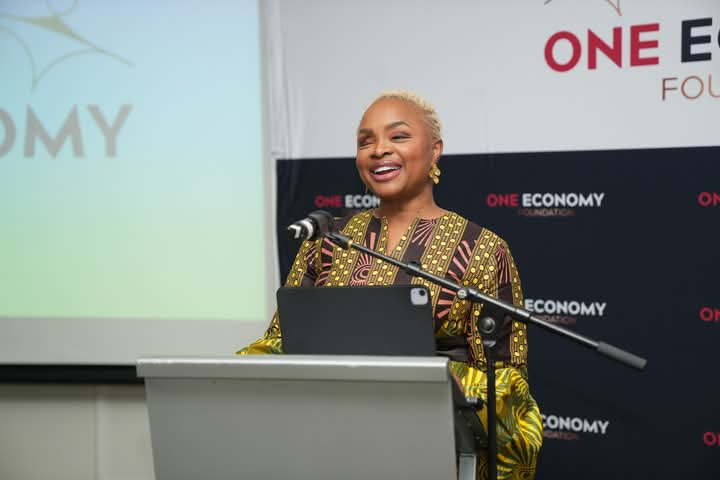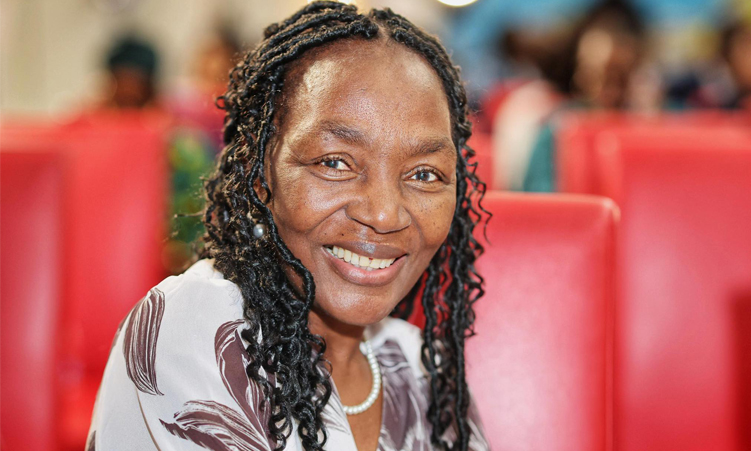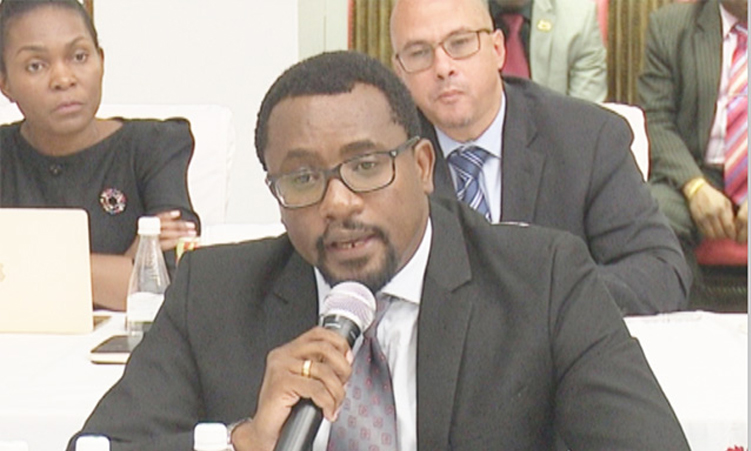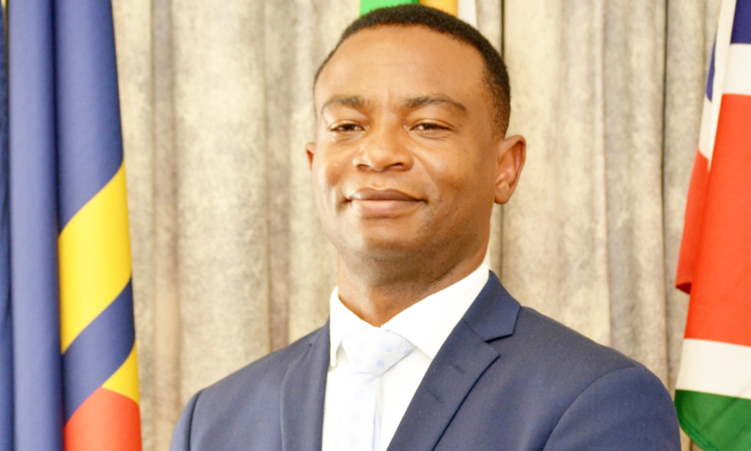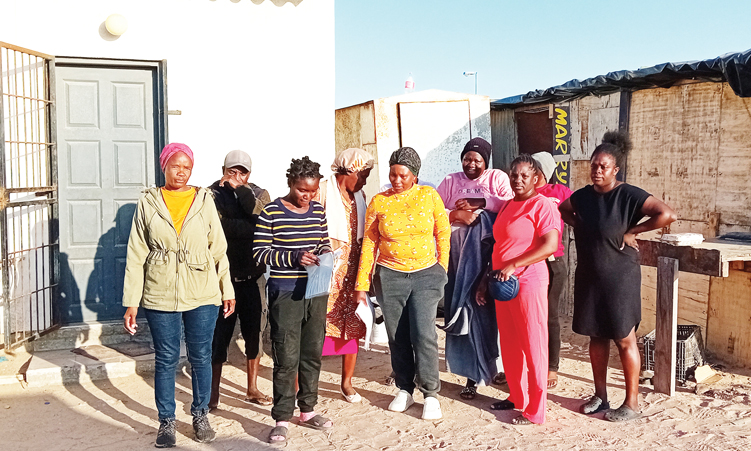The One Economy Foundation hosted its second Media Summit and Awards in Windhoek on Friday.
The summit aimed to strengthen appropriate reporting techniques on sexual and reproductive health (SRH), gender-based violence and femicide (GBVF), and mental health, by providing a platform for journalists, editors and other frontline service providers to engage in meaningful dialogue and share best practices.
Veronica Theron, One Economy director of health and wellness, highlighted that the media plays a pivotal role in shaping public perceptions, influencing attitudes and impacting behaviours, policies and systems, as well as creating a safer society for all.
This year, Josina Ziyaya Machel, founder of the Kuhluka Movement and a survivor of gender-based violence (GBV), served as the keynote speaker.
In her keynote address, she narrated her story as a survivor of GBV.
The violent ordeal happened in October 2015 and led to the loss of her eye.
She shared that as a result of her abuser’s manipulation of the media, the health system and the law enforcement system, they portrayed her injury as the result of a fall, completely disregarding the fact that she had been physically assaulted.
In her case, the media also amplified the voice of her abuser instead of hers. Her story and painful ordeal illustrated the media’s role in the fight against GBV.
“My abuser has been declared innocent because the courts ruled that there was no concrete proof that I was physically abused. To this day, there is still no justice,” she said.
Machel urged journalists to give survivors a voice and amplify their stories.
She noted that GBV is systematically tolerated, and the media should serve as a tool for justice in addressing such instances.
Emma Nghitanwa, a senior lecturer at the University of Namibia School of Nursing, highlighted that access to SRH is a fundamental human right.
She also encouraged the media to challenge misconceptions surrounding it, adding that reporting on SRH should be fair and unbiased, as biased reporting can negatively influence public perception.
“Sexual and reproductive health and rights (SRHR) is a fundamental human right, and the media should challenge misconceptions surrounding it. The media should also play an educational role in raising awareness about SRHR among the general public,” she said.
During an interactive group discussion, the participants explored the role they play in addressing SRH, GBVF and mental health. In these discussions, the journalists brainstormed and shared strategies for better reporting on SRH, GBVF and mental health issues.
They noted the need for public education in terms of reporting, as well as reports that illustrate the crux of these sensitive issues, and follow-up reports.
The Namibian journalists Shelleygan Petersen and Tracy Tafirenyika secured first and second places, respectively, in the print category at the 2025 One Economy Foundation Media Awards.
Peterson won with the story ‘Workplaces fail nursing mothers’, and Tafirenyika with the story ‘Police investigate student sex exploitation, as 20 000 children are victims of online sex work’.
Desert FM journalist Charlotte Nambadja won in the radio category with the story ‘Love should not hurt’.
The awards, hosted by the One Economy Foundation, recognised exceptional journalism in the areas of SRH, GBV/femicide and mental health.
Stay informed with The Namibian – your source for credible journalism. Get in-depth reporting and opinions for
only N$85 a month. Invest in journalism, invest in democracy –
Subscribe Now!




